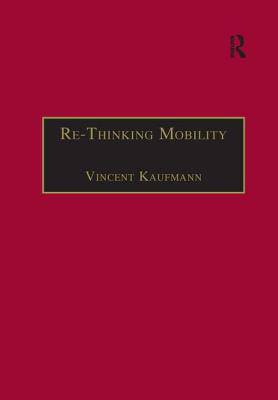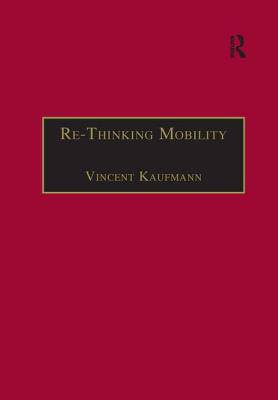
- Afhalen na 1 uur in een winkel met voorraad
- Gratis thuislevering in België vanaf € 30
- Ruim aanbod met 7 miljoen producten
- Afhalen na 1 uur in een winkel met voorraad
- Gratis thuislevering in België vanaf € 30
- Ruim aanbod met 7 miljoen producten
Zoeken
Omschrijving
All too often, mobility is evoked as a preferred indicator in explanations of space-time compression and its impact. However, in failing to clearly distinguish speed potentials from their use, such analyses veer towards technological determinism, or else towards the normative domain. In order to avoid this trap, the motivations underlying mobility must be explored. This groundbreaking examination is carried out through a discussion of the following general question: to what extent can the speed potentials generated by technological transportation systems be considered as vectors of social change? It also provides an opportunity to study in greater depth the little-known field of the sociology of mobility. Following an examination of the existing controversies surrounding social fluidification, it proposes to rethink mobility using the new concept of motility. Current contributions to and research results in this new area are included and the book indicates possible new research directions, opening the way to a new form of general sociology.
Specificaties
Betrokkenen
- Auteur(s):
- Uitgeverij:
Inhoud
- Aantal bladzijden:
- 120
- Taal:
- Engels
- Reeks:
Eigenschappen
- Productcode (EAN):
- 9781138250239
- Verschijningsdatum:
- 26/08/2016
- Uitvoering:
- Paperback
- Formaat:
- Trade paperback (VS)
- Afmetingen:
- 152 mm x 229 mm
- Gewicht:
- 217 g

Alleen bij Standaard Boekhandel
+ 148 punten op je klantenkaart van Standaard Boekhandel
Beoordelingen
We publiceren alleen reviews die voldoen aan de voorwaarden voor reviews. Bekijk onze voorwaarden voor reviews.











